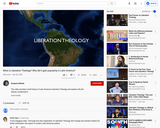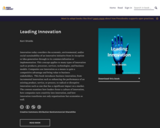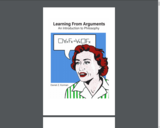
Short Description:
Knowledge for Humans is a textbook aimed at introducing students to fundamental questions about knowledge and skepticism. Many topics often covered in epistemology textbooks are also covered here, such as radical Cartesian skepticism, phenomenalism, externalism, and naturalism. But the text also covers useful topics that are not usually included, such as the social conditions for knowledge, common fallacies, Bayesianism, the internet, conspiracy theories, and how we should go about arguing with one another. It’s written in an easy-going style with clear examples and funny diagrams.
Long Description:
Knowledge for Humans is a textbook aimed at introducing students to fundamental questions about knowledge and skepticism. Many topics often covered in epistemology textbooks are also covered here, such as radical Cartesian skepticism, phenomenalism, externalism, and naturalism. But the text also covers useful topics that are not usually included, such as the social conditions for knowledge, common fallacies, Bayesianism, the internet, conspiracy theories, and how we should go about arguing with one another. It’s written in an easy-going style with clear examples and funny diagrams.
Word Count: 42952
(Note: This resource's metadata has been created automatically by reformatting and/or combining the information that the author initially provided as part of a bulk import process.)
- Subject:
- Arts and Humanities
- Philosophy
- Material Type:
- Textbook
- Provider:
- Utah Education Network
- Date Added:
- 11/01/2022



